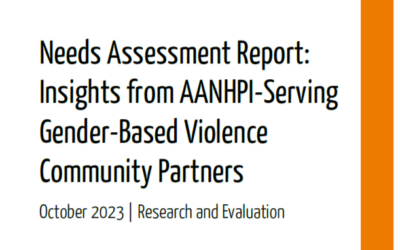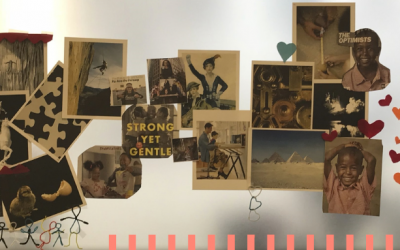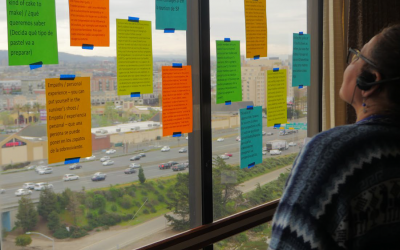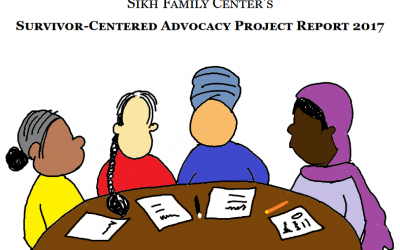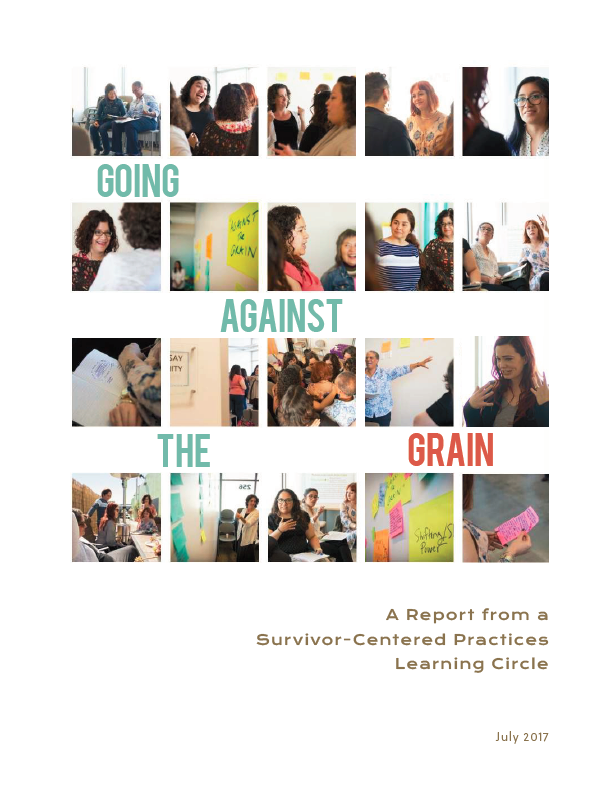In the fall of 2014, The Full Frame Initiative (FFI) published a report – How Do Survivors Define Success? – that influenced the domestic violence field and provided a call to action, and the Learning Circle Project described in this summary was a response. During the 2016-2017 fiscal year, ten cutting edge organizations were funded by Blue Shield of California Foundation, of which API-GBV was one, to come together in four facilitated learning sessions to reflect on their practices – practices that lift-up survivor-centered approaches.
Related Resources
2023 CBO Needs Assessment Report & Summary
This report explores and contextualizes the results from API-GBV's 2023 needs assessment on AANHPI-serving GBV community organizations. The findings support a sustained need for culturally responsive programming and research; specialized training opportunities for...
Innovations in Survivor-Centered Advocacy, 2019
This report describes the next phase of the Survivor-Centered Advocacy Project, supporting four field research teams to translate their findings into practice aimed at transforming the field.
Survivor-Centered Advocacy in Culturally Specific Communities: A Community-Based Participatory Research Project, 2019
The Survivor-Centered Advocacy Project was a California-based research justice project that utilized a community-based participatory research (CBPR) approach. This report illustrates the basic principles of CBPR and makes recommendations for those wishing to do a CBPR project that holds historically marginalized communities at the center; and/or those attempting to align or deepen their practices according to what works for survivors from historically marginalized communities.
Strengthening Our Roots: Listening & Learning from Survivors & Supporters, 2017
By Sikh Family Center
This report, prepared by Sikh Family Center, compiles the qualitative data from 2 focus groups and 3 individual storytelling interviews facilitated by SFC in the Bay Area, California between November 2016 and January 2017. These groups and interviews consisted of survivors of gender-based violence, specifically family violence, as well as community members who regularly work (formally or informally) with survivors of violence.
